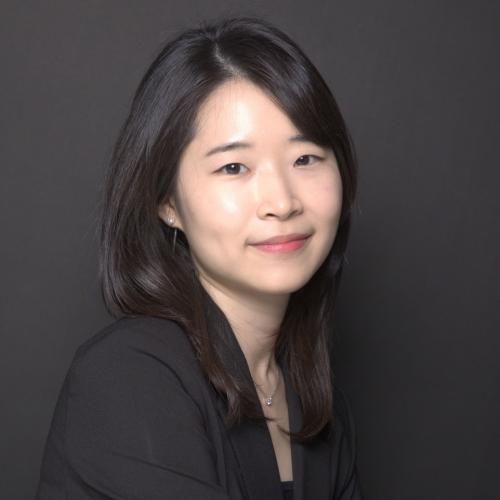
Gyo Hyun Koo, Ph.D. ( she/her/hers)
Assistant Professor
Department/Office
- Communication Culture & Media Studies
School/College
- School of Communications
Biography
Gyo “Hyun” Koo, Ph.D. (The University of Texas at Austin) is an Assistant Professor at Howard University’s Department of Communication, Culture and Media Studies (CCMS).
Her research investigates the role of communication technologies and journalistic practices in shaping individuals’ knowledge, perceptions, and behavior, with particular emphasis on their effects on democracy, science, and public health.
In her research, she employs experimental and computational methods to examine how information technologies and their affordances, as well as the individuals who design and use them, shape people’s perceptions of other citizens and their beliefs about and dissemination of mis/disinformation. Her work also investigates how platform governance and content moderation policies influence online engagement. She designs interventions to support sustainable and culturally responsible media environments that promote constructive newsroom practices, correct public misperceptions, and advance news literacy.
She has received the Mass Communication and Society Research Award from AEJMC and the Gene Burd Urban Journalism Research Grant, and has earned multiple Top Paper Awards from AEJMC.
She teaches Political Communication & Public Opinion, Computational Methods & Data Science, Ethical Issues in Communication, Technology & Health Communication, and Communication Theories & Research Foundation.
